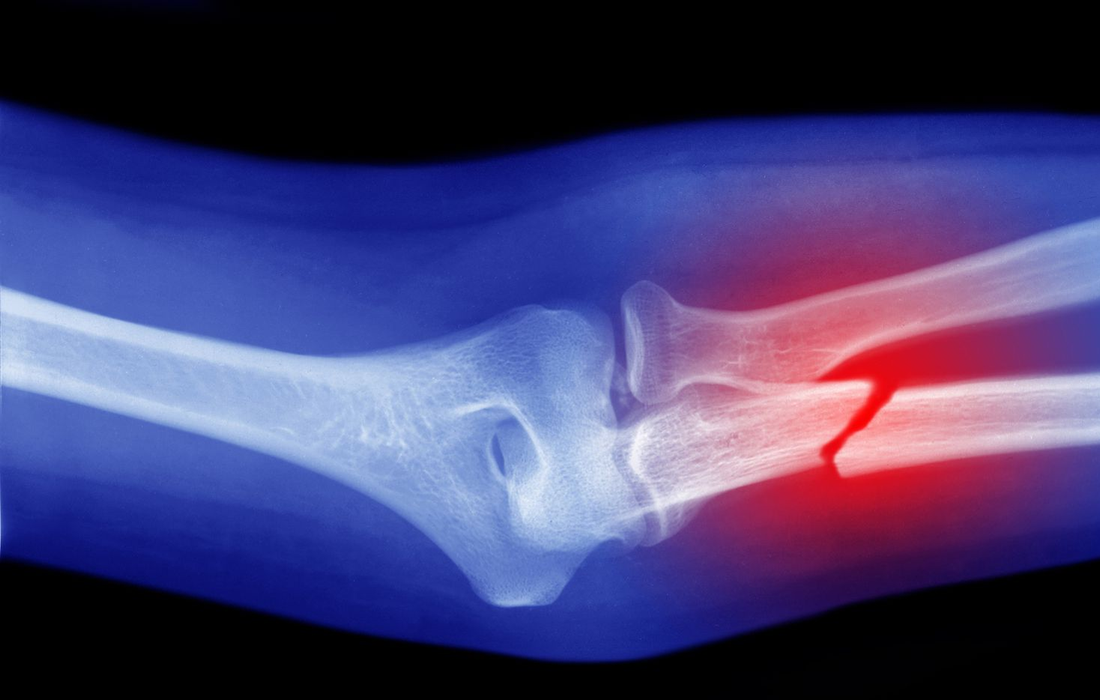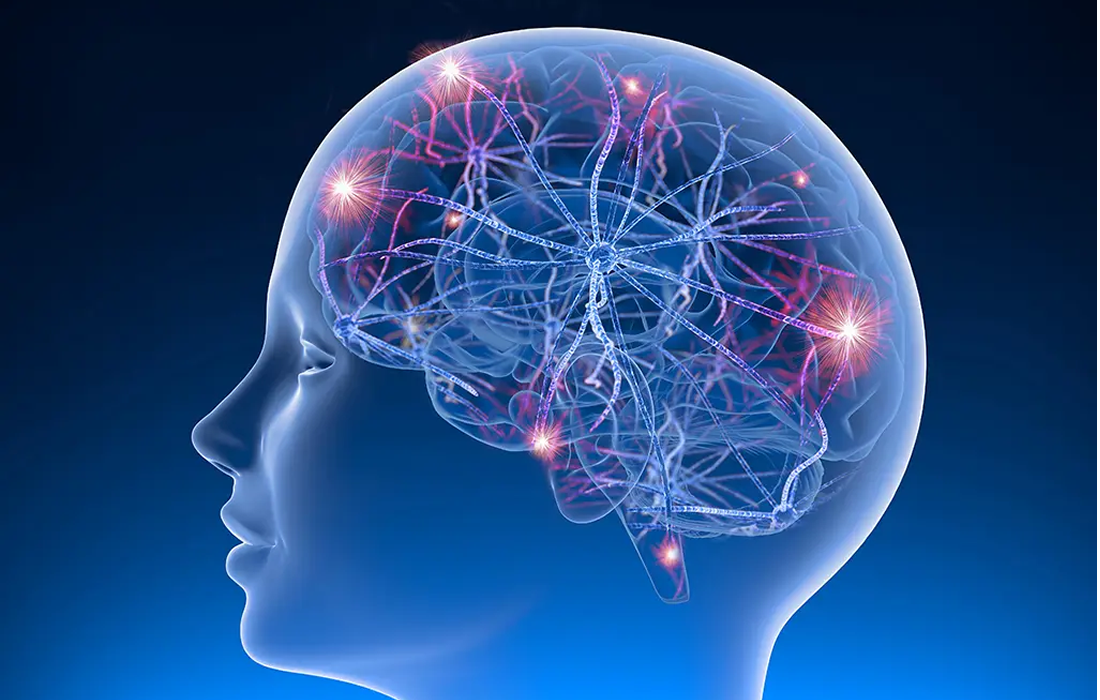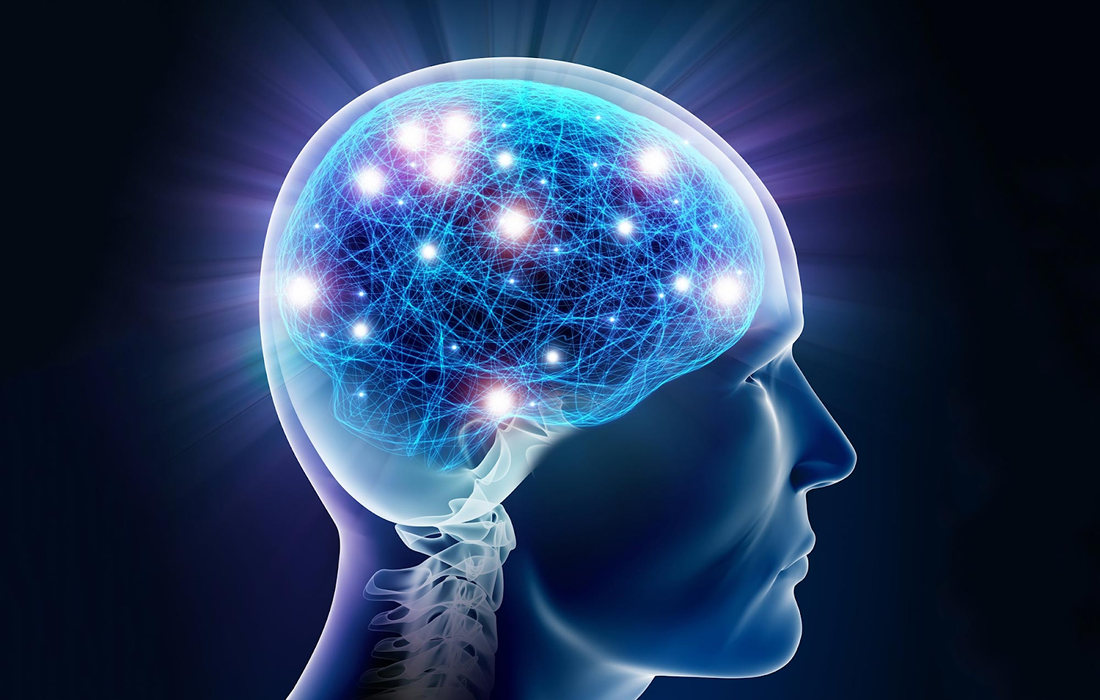Reconstruction of bone defects that cannot heal spontaneously, that is, critical-sized bone defects, continues to be an enormous clinical challenge. Such defects may result from trauma, inflammation or following bone tumor resections. Although autogenic, allogeneic and xenogeneic bone materials have been widely applied to treat such defects, they possess potential limitations, including limited availability and […]
Category Archives: Regenerative Medicine News and General Information
Central neurofibromatosis, or neurofibromatosis type 2 (NF2), is a multisystem genetic disorder associated with bilateral vestibular schwannomas, spinal cord schwannomas, meningiomas, gliomas, and juvenile cataracts, with a paucity of cutaneous features. Schwannomas, most frequently grow on the nerves that bring hearing and balance information into the brain. Neurofibromatosis type 2 (NF2) is inherited as an […]
Major depressive disorder affects approximately 10% of the general population in the United Kingdom, impairs patients’ lives, and is costly to society. Selective serotonin-reuptake inhibitors are first-line treatments for major depressive disorder; however, these drugs take several weeks to work and, in some patients, do not induce a response. Escitalopram, a selective serotonin-reuptake inhibitor, is […]
Many brain diseases, such as epilepsy, are caused by excessive activity of a small number of brain cells. These conditions often don’t respond well to drug treatment, mainly because drugs affect the whole brain. Whilst genetic therapies could be a promising way to treat these conditions, current methods do not distinguish between overactive and normal […]
Dementia is considered a major neurocognitive disorder, in which a deficit in cognitive functioning is acquired rather than developmental. Dementia is most common in elderly individuals, with advancing age being the strongest risk factor. There are many types of this condition such as Alzheimer Dementia (AD) and Vascular Dementia (VD) , among others of all-cause […]
Pre-pregnancy obesity is associated with an increased risk of infection and aberrant inflammatory responses in the offspring, but the underlying mechanisms remain largely unknown. In particular, very little is known about the effect of a Western-style diet on fetal hematopoiesis — the formation of blood cellular components, in animal models that resemble human development. During […]
The human immune system is made up of two interconnected branches: the adaptive immune system, which learns something new with every infection and constantly develops over the course of a lifetime, and the innate immune system, which is less specialized but reacts particularly quickly and effectively. The cells of the innate immune system are located […]
Muscular dystrophy (MD) is a collective group of inherited noninflammatory but progressive muscle disorders without a central or peripheral nerve abnormality. The disease affects the muscles with definite fiber degeneration but without evidence of morphologic aberrations. Duchenne muscular dystrophy (DMD) is a rare, inherited disorder that mostly affects males. It’s caused by mutations on a […]
Aging involves complicated plot twists and a large cast of characters: inflammation, stress, metabolism changes, lipids and many others. SGDGs (3-sulfogalactosyl diacylglycerols) are a class of lipids, also called fats. Lipids contribute to the structure, development, and function of healthy brains, while badly regulated lipids are linked to aging and diseased brains. However, lipids, unlike […]
High blood pressure, or hypertension, is the most common primary diagnosis in the United States, and it is one of the most common worldwide diseases afflicting humans and is a major risk factor for stroke, myocardial infarction, vascular disease, and chronic kidney disease. According to the American Heart Association (AHA), approximately 86 million adults (34%) […]










